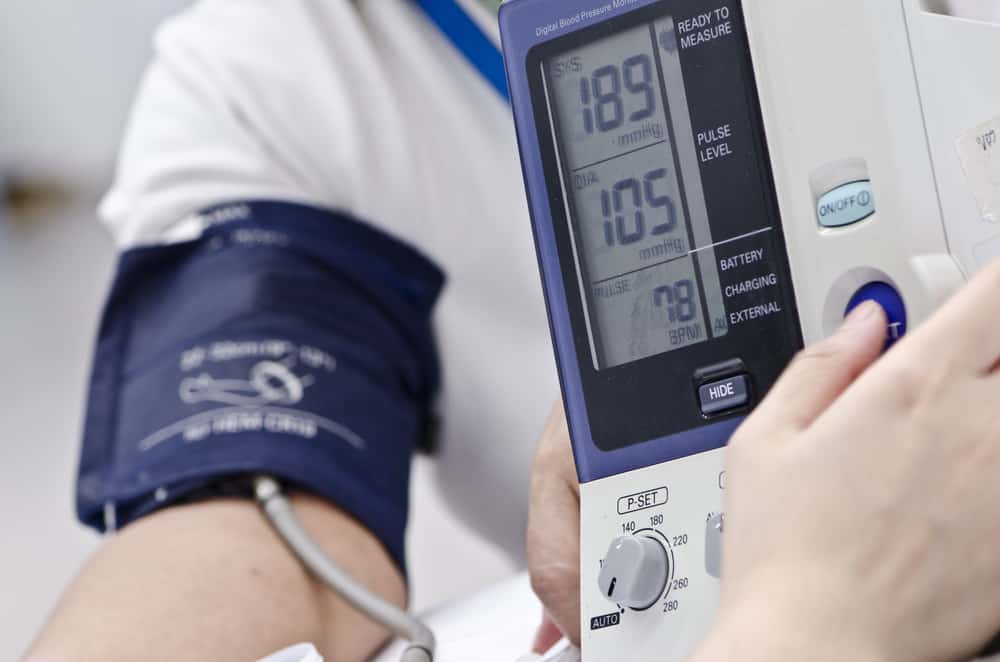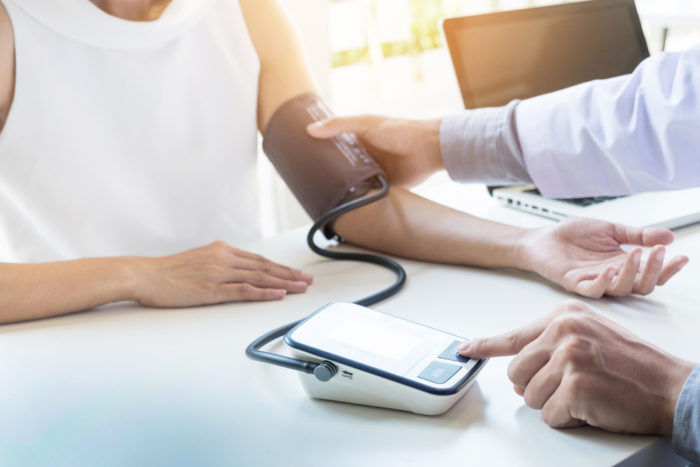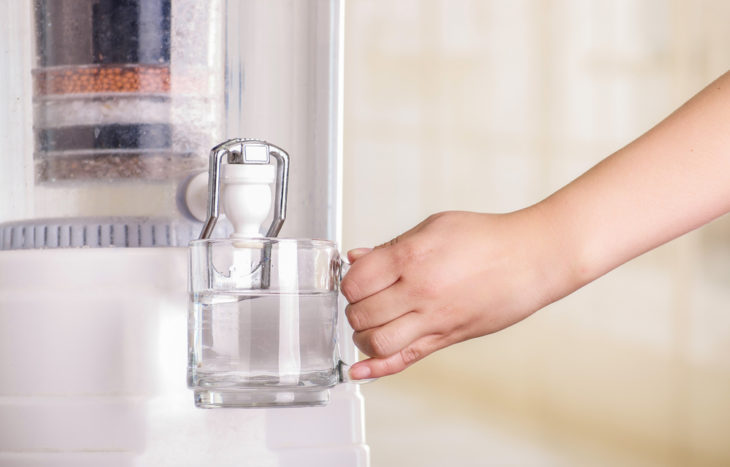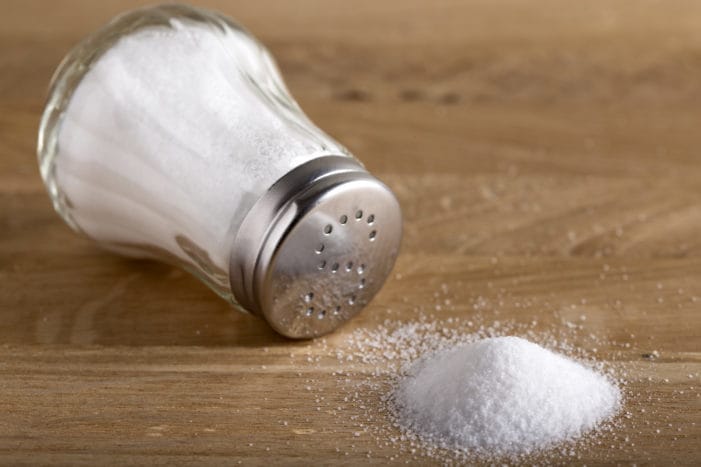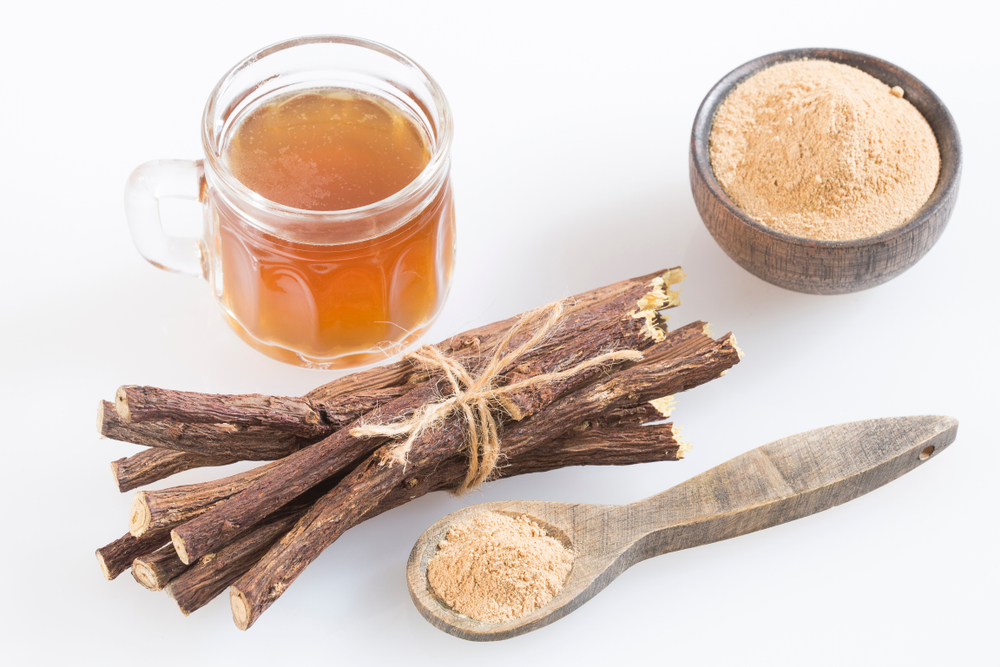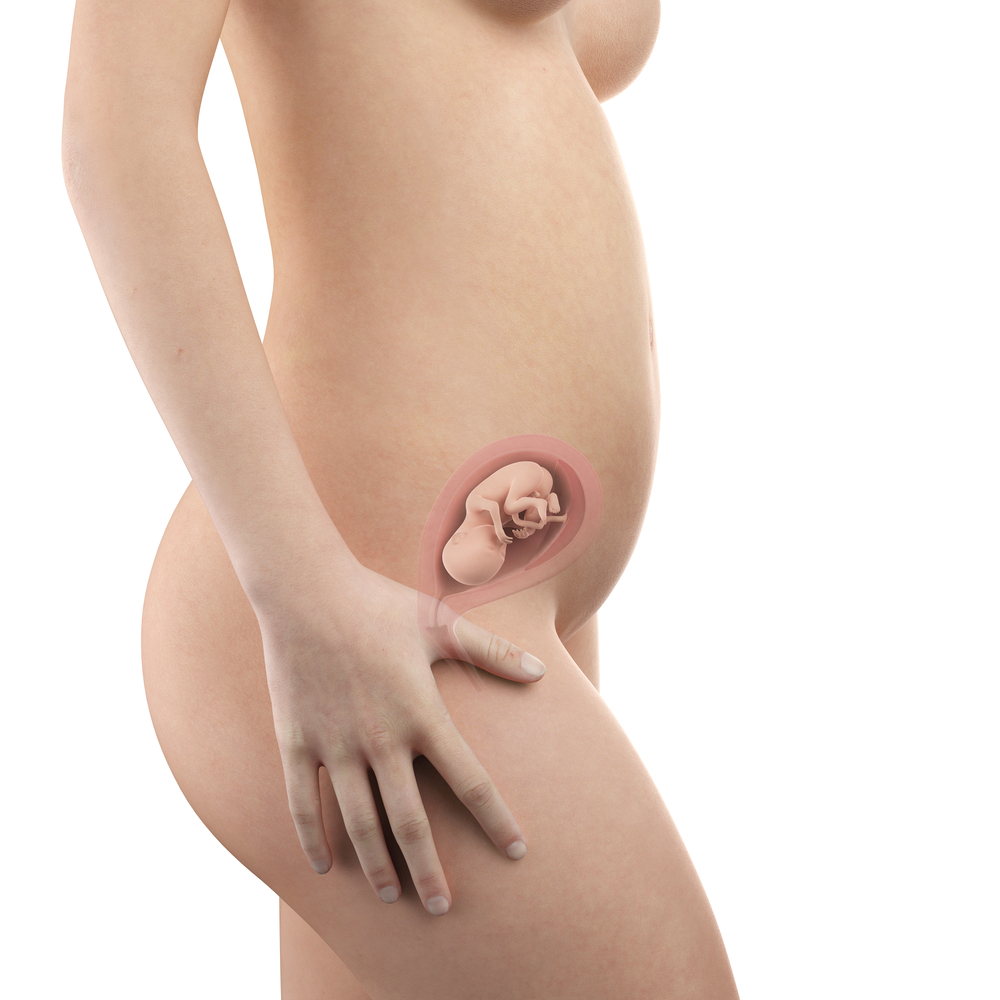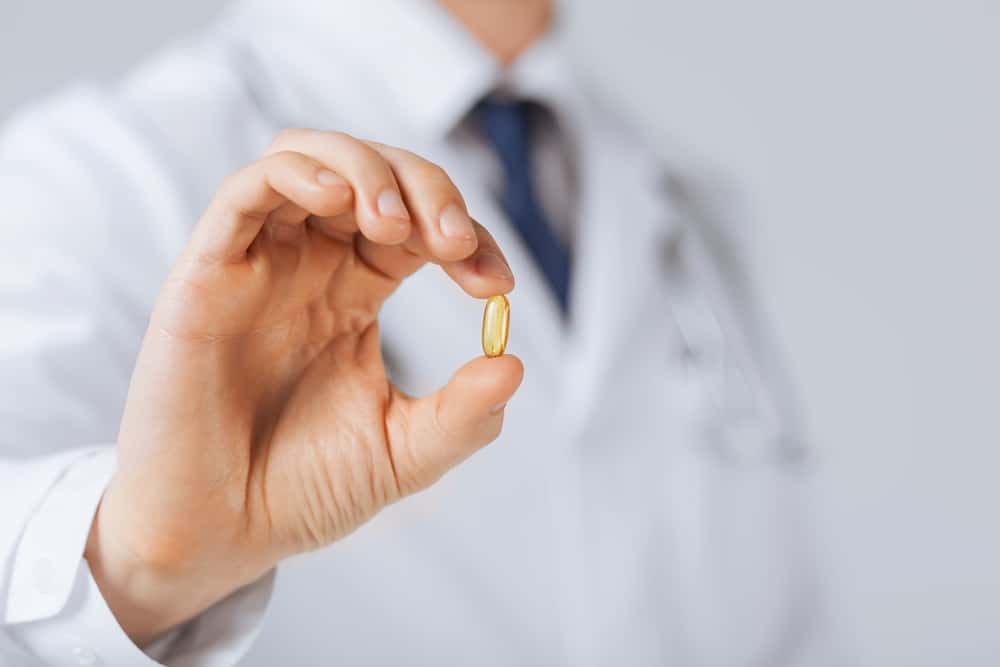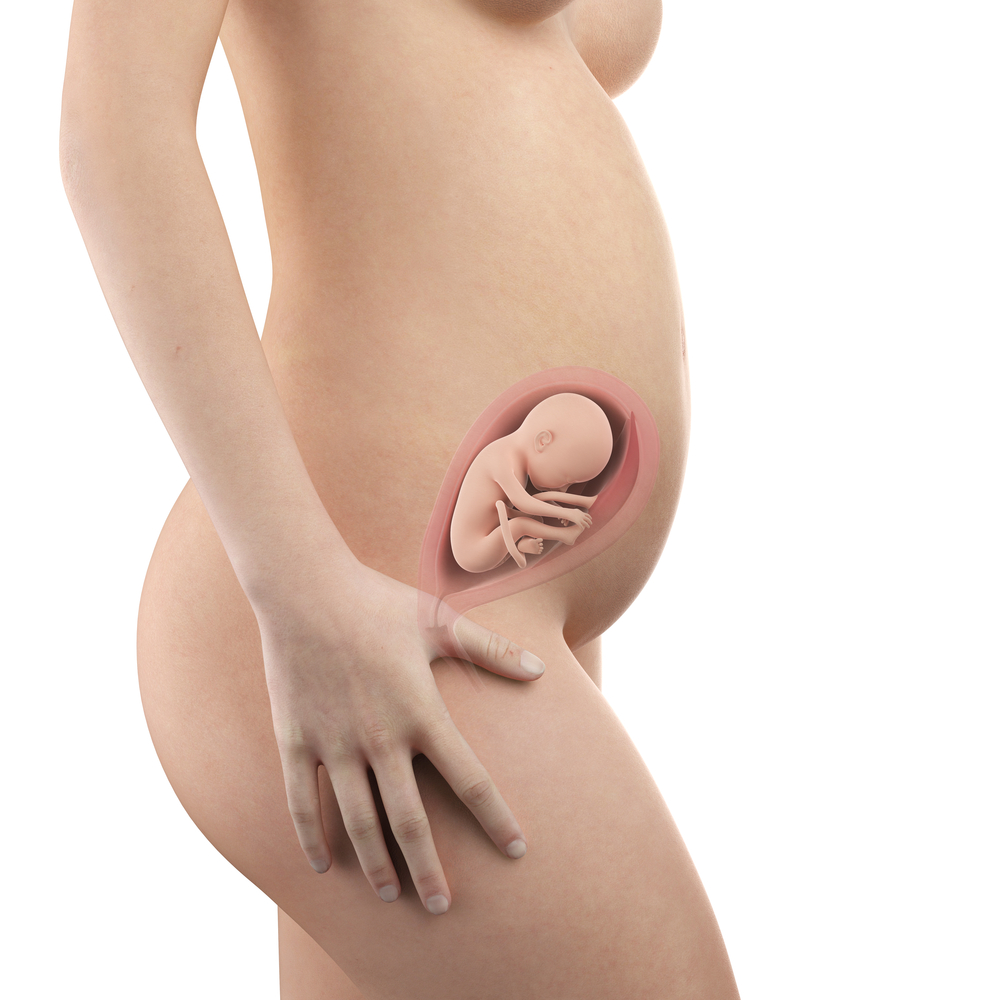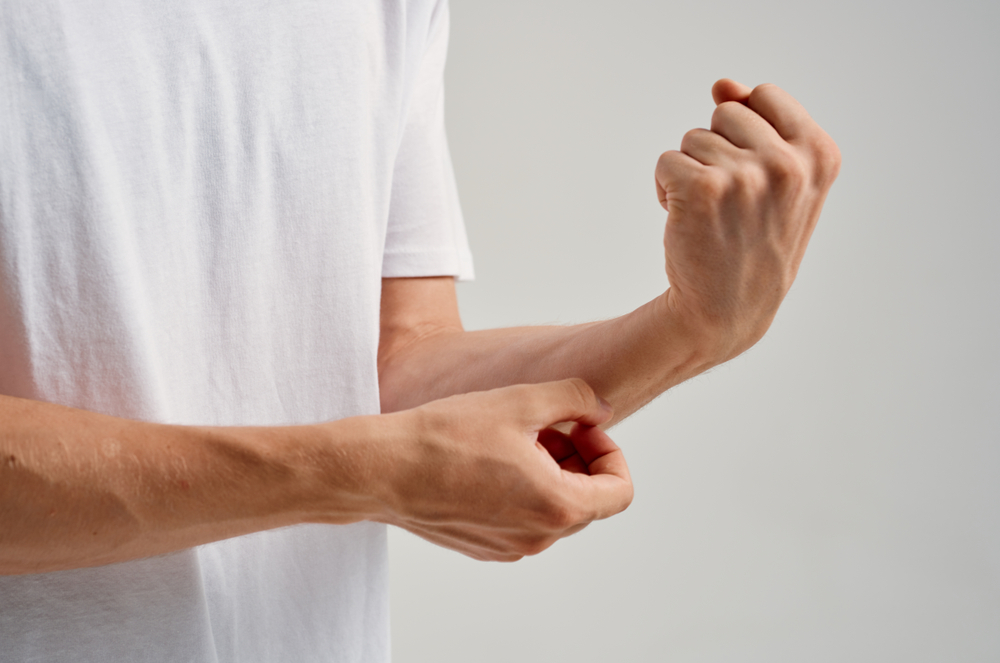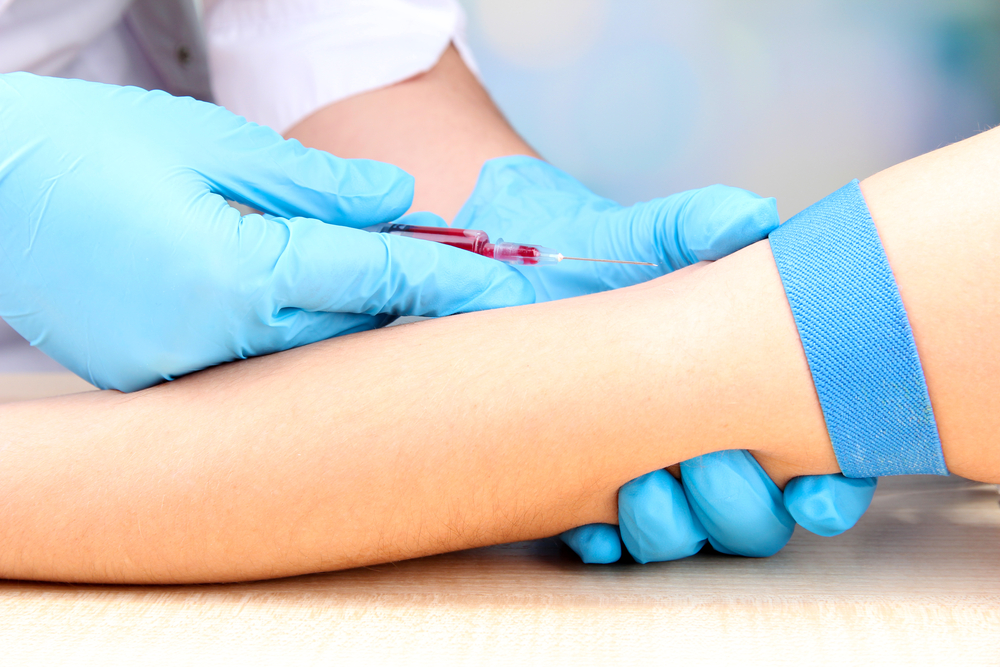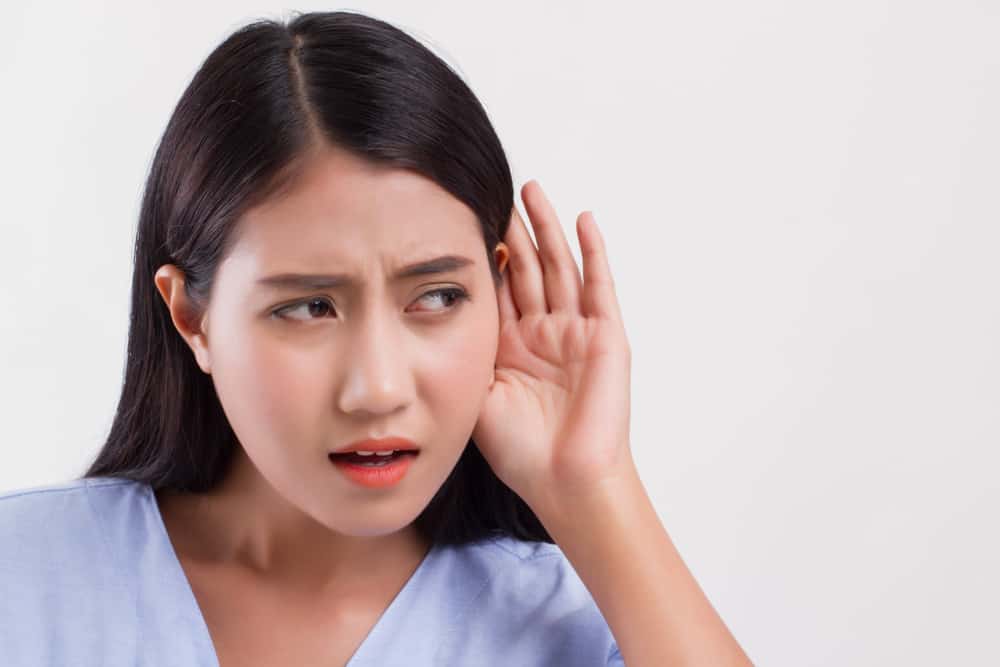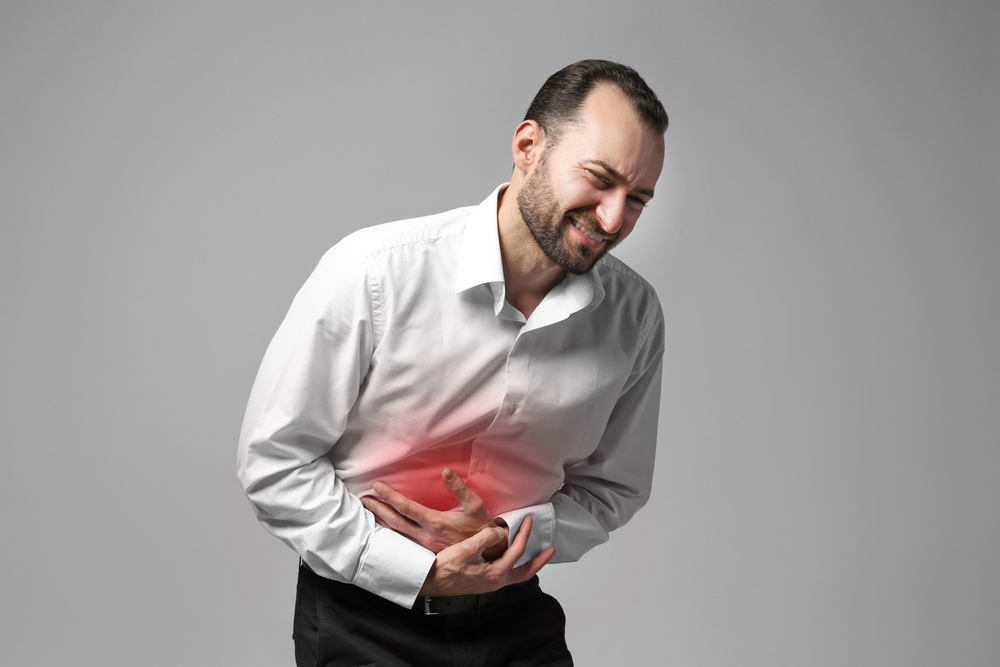Contents:
- Medical Video: Fasting Tips: 3 Best Foods to Break a Fast- Thomas DeLauer…
- Fasting can help reduce high blood pressure
- Guide to dealing with high blood pressure during fasting
- 1. Check with your doctor regularly
- 2. Drink plenty of water
- 3. Avoid high-salt foods
- 4. Expand to eat vegetables and fruit
- 5. Balance exercise and adequate rest
Medical Video: Fasting Tips: 3 Best Foods to Break a Fast- Thomas DeLauer…
For those of you who have hypertension problems (high blood pressure), you are more likely to feel dizzy and want to vomit. Especially when fasting, the body begins to reduce the production of certain hormones in the body which causes blood pressure to rise. As a result, your fasting days may be disrupted. So, is there a way to deal with high blood pressure when fasting? Check out the full review below.
Fasting can help reduce high blood pressure
High blood pressure or hypertension is a condition when a person's blood pressure reaches 140/90 mmHg. Normally, blood pressure in healthy people ranges from 90/60 mmHg to 120/80 mmHg.
Even if you are fasting you will most likely experience a surge in blood pressure. Because the metabolic process in the body runs slower so that the accumulation of fat occurs faster.
This makes the blood flow not smooth so that the body needs more pressure so that blood carrying oxygen can immediately reach the organs of the body. As a result, blood pressure increases.
Even so, according to a study published in the 2016 Journal of Hypertension, fasting can actually help lower blood pressure in mild to moderate hypertensive patients. When fasting, there are changes in diet and sleep patterns. This condition affects the sympathetic nervous system, the renin system, and the antidiuretic hormone which makes blood pressure decrease.
In addition, fasting also provides an opportunity for your body to take a break from foods that trigger high blood pressure and emotional problems. As a result, blood pressure tends to be stable during fasting.
Guide to dealing with high blood pressure during fasting
1. Check with your doctor regularly
Towards fasting, you are encouraged to do so medical check-up or routine checks to monitor your health condition. Here the doctor will determine whether you are allowed to fast or not by looking at how big your hypertension is.
Usually, doctors will prescribe antihypertensive drugs to help control high blood pressure during fasting. Make sure you have asked the doctor the best time to take the medication and the possible side effects.
Don't forget to check blood pressure regularly. So, as soon as blood pressure starts to surge, you can anticipate it.
2. Drink plenty of water
Without realizing it, lack of fluids in the body can affect your blood pressure. Therefore, the best key to controlling high blood pressure during fasting is to increase drinking water during dawn and breaking fast.
Make sure to always meet your body fluids for at least eight glasses a day. This is useful for preventing dehydration during fasting which can develop the risk of hypertensive complications later on.
Remember, you are not recommended to drink caffeinated drinks such as coffee, tea, or soft drinks. Because, caffeinated drinks are reported to increase blood pressure up to 10 mmHg.
3. Avoid high-salt foods
Foods high in salt are the biggest contributor to the increase in blood pressure. That is why you are encouraged to avoid high-salt foods, both at dawn and breaking fast. For example salted beans, pickles, canned foods, sausages, processed cheese, chips, and so on.
Reducing salt levels in the diet helps reduce blood pressure by around 5-6 mmHg. This is certainly beneficial for improving heart health. Therefore, limit the amount of salt to at least 5 grams per day (2000 mg sodium) or the equivalent of one teaspoon per day for adults. To be healthier, exchange it with garlic or other spices that can give a savory sensation to your food.
4. Expand to eat vegetables and fruit
Make fruits and vegetables an important part of your diet during dawn and breaking fast. The reason is, vegetables and fruits contain high potassium which can reduce the effect of sodium on the blood. Of course, this is useful for dealing with high blood pressure when fasting.
The habit of eating vegetables and fruit every day, including during dawn and breaking the fast, is believed to reduce blood pressure up to 11 mmHg. A good source of potassium is found in bananas, avocados, apples, melons, oranges, and mangoes. Choose green vegetables that are high in fiber and potassium such as spinach, mustard greens, and broccoli which can balance sodium levels in the body.
5. Balance exercise and adequate rest
Regular exercise is the best way to control blood pressure. In fact, a study shows that physical activity carried out by people who fast can help reduce high blood pressure.
You do not need to do high intensity exercise that makes you tired quickly. Choose light intensity sports such as jogging or cycling in the morning or evening. The important thing is to try to routinely exercise at least 30 minutes every day to reduce 5-8 mmHg in blood pressure.
In addition, balance also with adequate rest, at least 7 hours during sleep a night to maintain stamina when fasting. Be sure to always consult with your doctor about the type of exercise that is suitable for your body condition.

